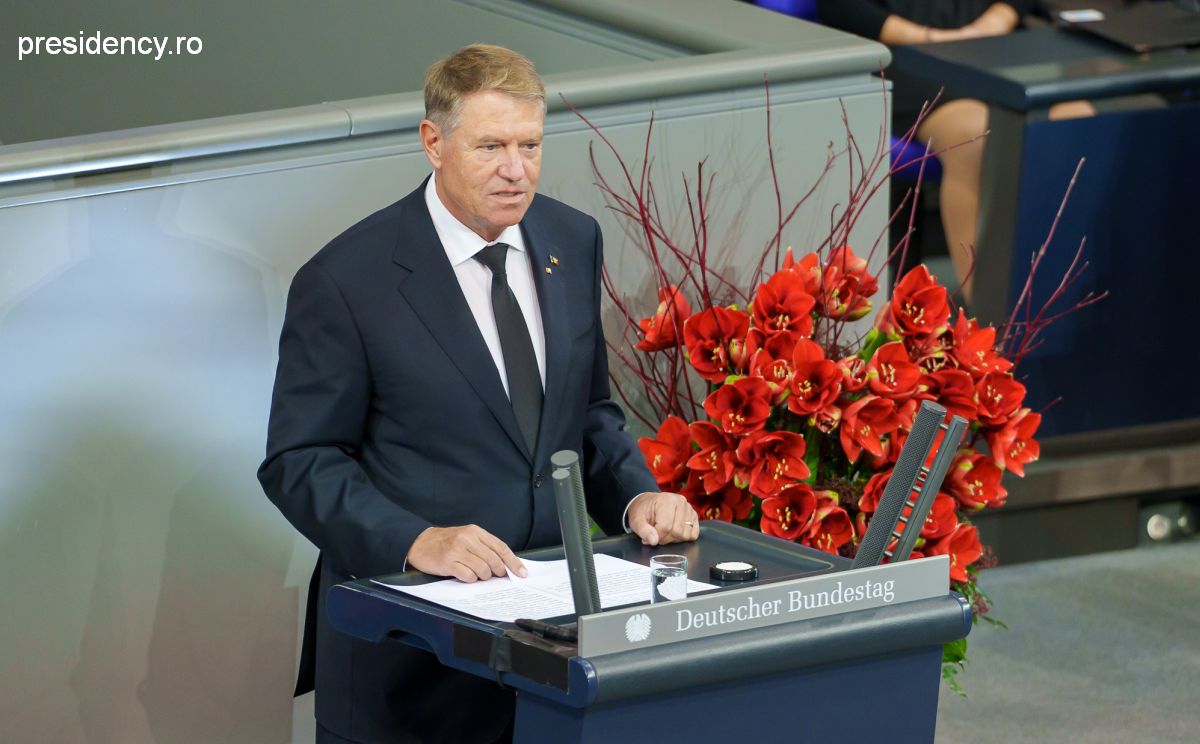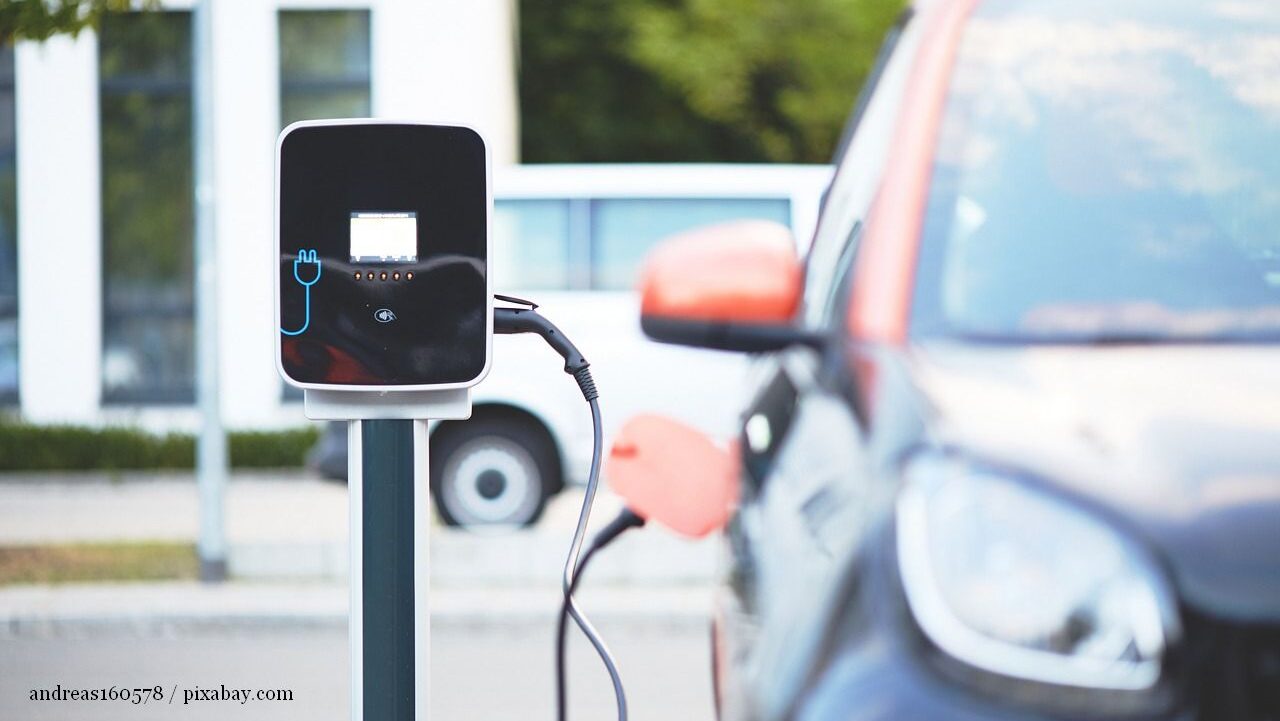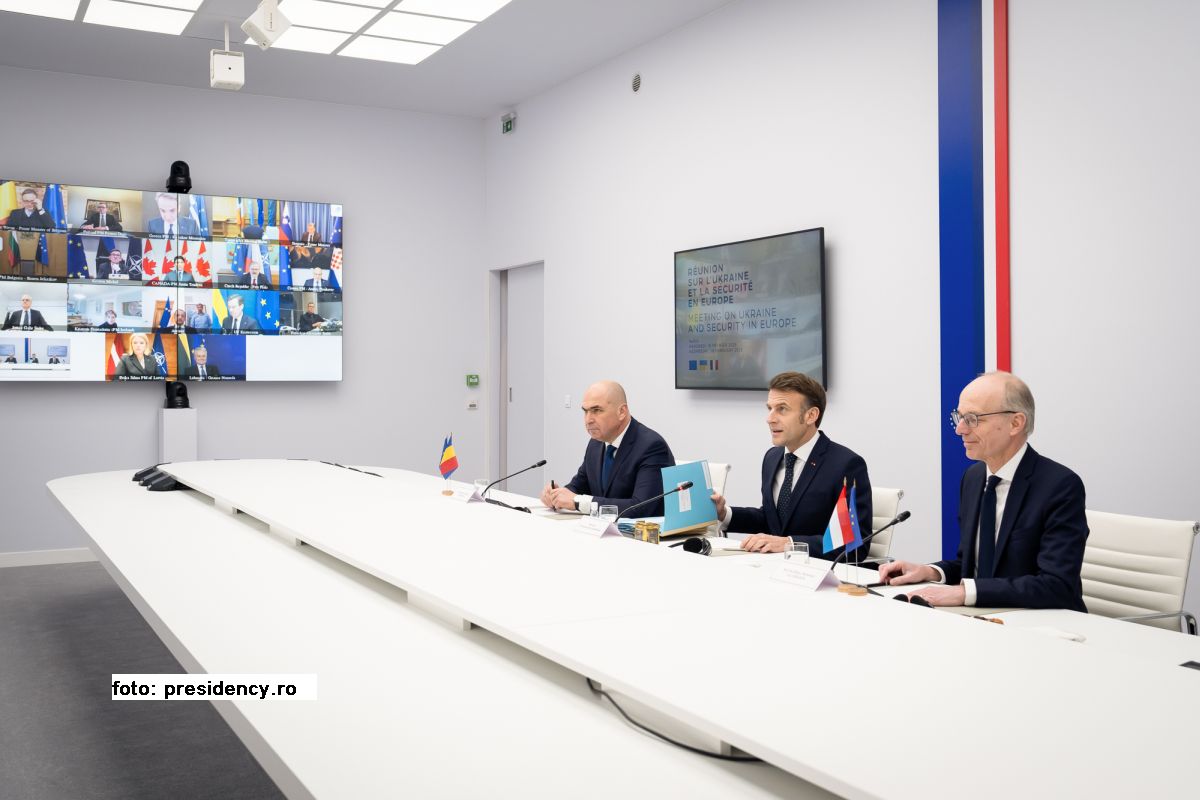35 years since the fall of the Berlin Wall
Preserving the memory of the victims of wars and of those persecuted for their faith is a duty, said the president of Romania, Klaus Iohannis, in Berlin.

Daniela Budu, 18.11.2024, 13:50
The fall of the Berlin Wall, 35 years ago, represented for Romanians an encouragement in their fight for freedom, and the removal of the Iron Curtain made it possible for Romania to return to the family of European democracies, President Klaus Iohannis said in Berlin. On a visit to Germany, the Romanian head of state gave a speech in the Federal Parliament, during a ceremony organized on the Day of Remembrance for the Victims of War and Dictatorship. In the context, he emphasized the fact that for 35 years, Romania has been a free country, following the December 1989 Revolution. He said, in his speech in the Bundestag, that after the Second World War, European democratic values and the European economic model were sources of inspiration for international partners. He drew attention, however, to the fact that, unfortunately, it became obvious that ‘some totalitarian regimes’ fear of the attractiveness of European values’ made the Union be perceived as ‘a threat’, stressing that Romania had warned in advance of the risk to Europe’s security posed by the aggressiveness of dictatorial regimes.
Klaus Iohannis said that “Unfortunately, the mechanisms of propaganda and disinformation are spreading again today, because dictatorial regimes count on the fact that a lie told often enough becomes the truth. We see this revolting reality in Russia’s aggression against Ukraine. We stand by the Ukrainian people, who courageously and heroically opposed the invasion dictated by the Kremlin, defying the force and brutality of Russian imperialism. The support of our states and the international community is vital to finally ensuring a just and lasting peace, in full agreement with the UN Charter and international law,” said Klaus Iohannis.
These risks, Klaus Iohannis added, are also an important reason why we advocate for strengthening the resilience of the Republic of Moldova, the state most affected by this war, after Ukraine. He said that ‘We also remain firmly committed to Ukraine and the Republic of Moldova on the path of joining the European Union, President Iohannis emphasized. According to him, preserving the memory of the victims of wars and totalitarianism, as well as of those persecuted for their faith, for searching justice and freedom, is ‘a duty and a form of justice’. ‘We must always keep in mind that forgetting the past leads to the repetition of history’s mistakes or the perpetuation of injustice. This forgetfulness represents an ever-increasing danger’, Klaus Iohannis said.
At the same time, he expressed his admiration for the care with which the German state understands to focus on the appropriate knowledge of history, especially by the younger generations. He stated that ‘in Romania we are also making serious efforts so that young people should learn in schools about the mistakes of the past and be aware of them, so as not to repeat them’. On the other hand, Klaus Iohannis assured Germany that it would continue to find in Romania a partner deeply dedicated to European values, ‘ready to work for the strengthening of the European Union and for these values of freedom and democracy to be protected and accepted, both in the neighborhood and globally’. (LS)






























